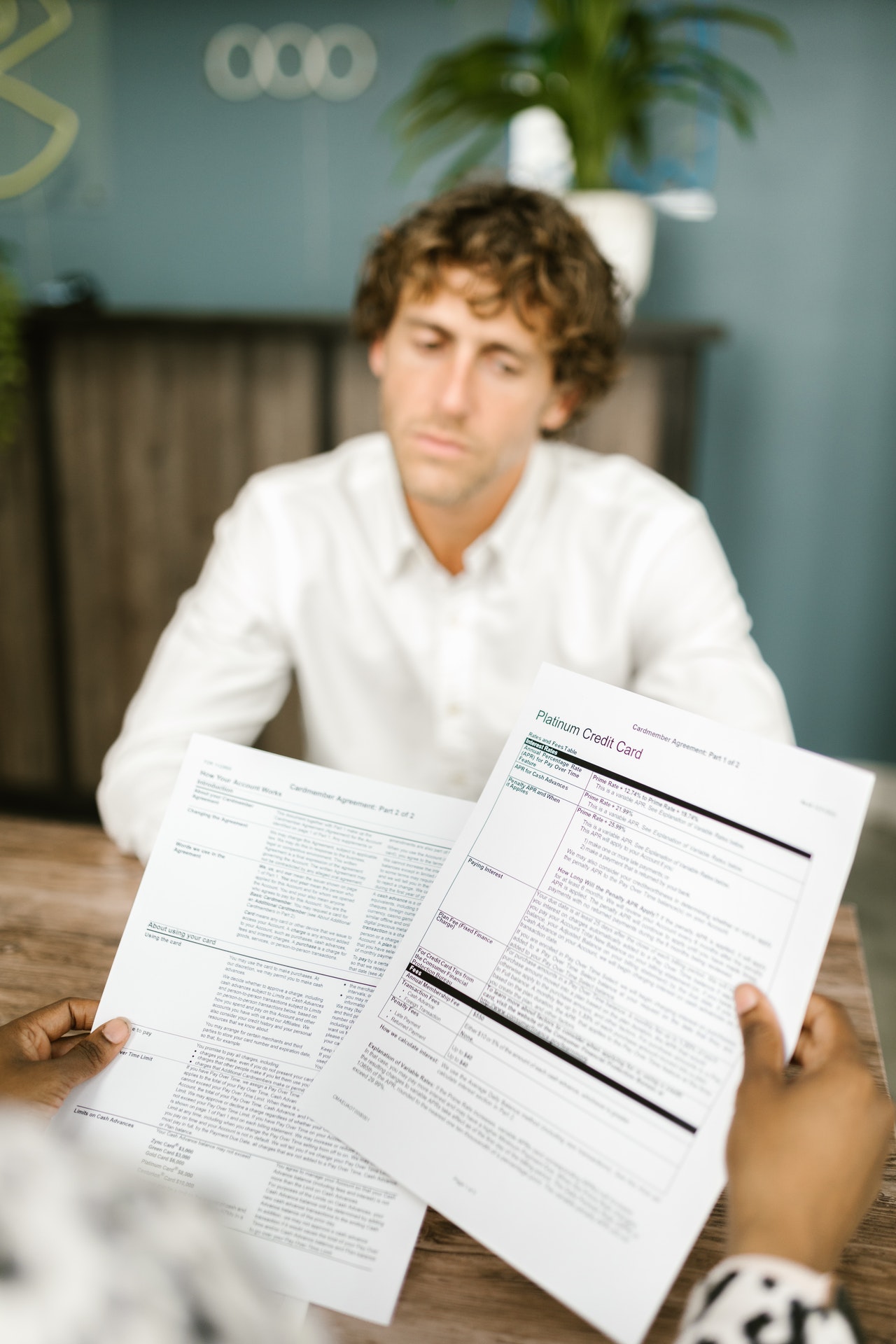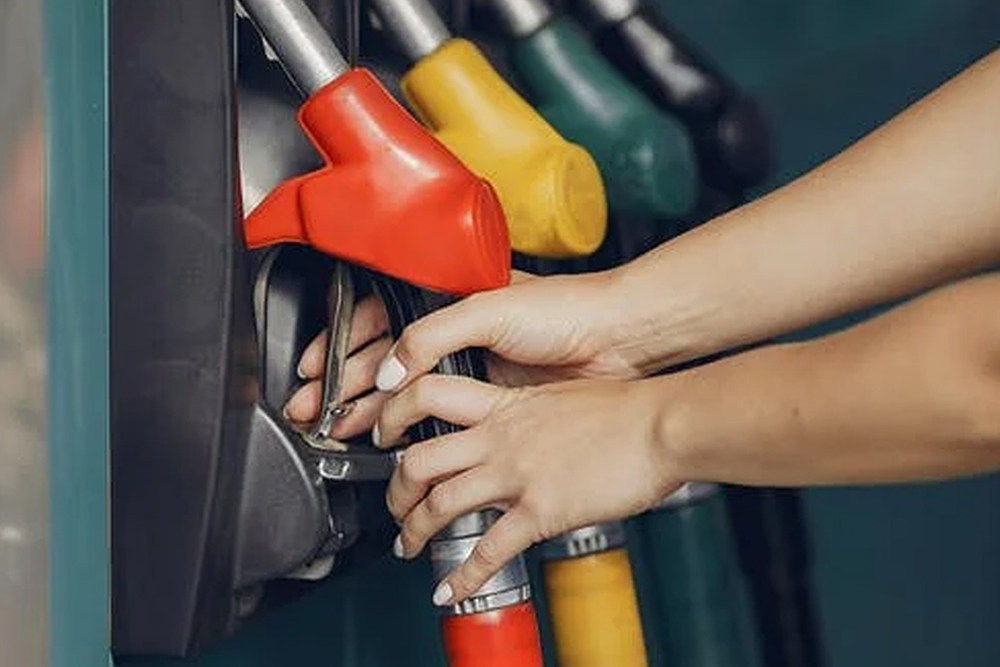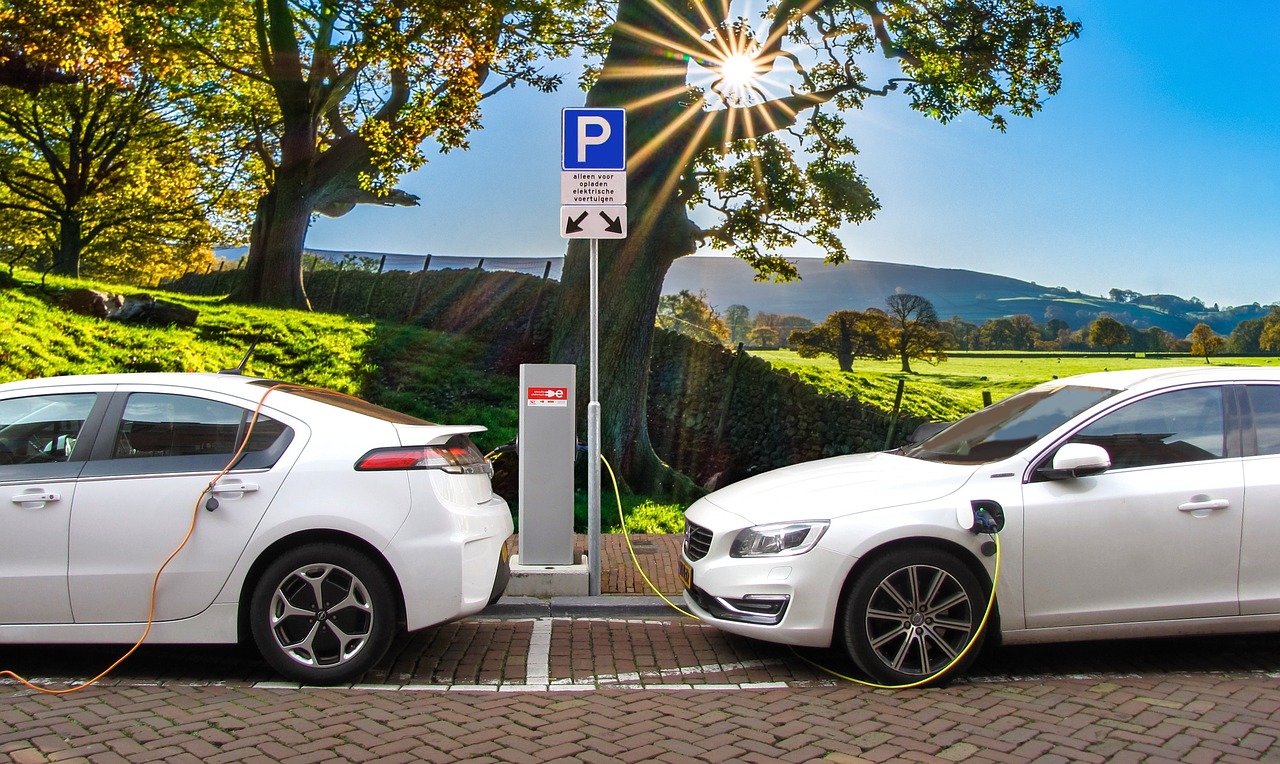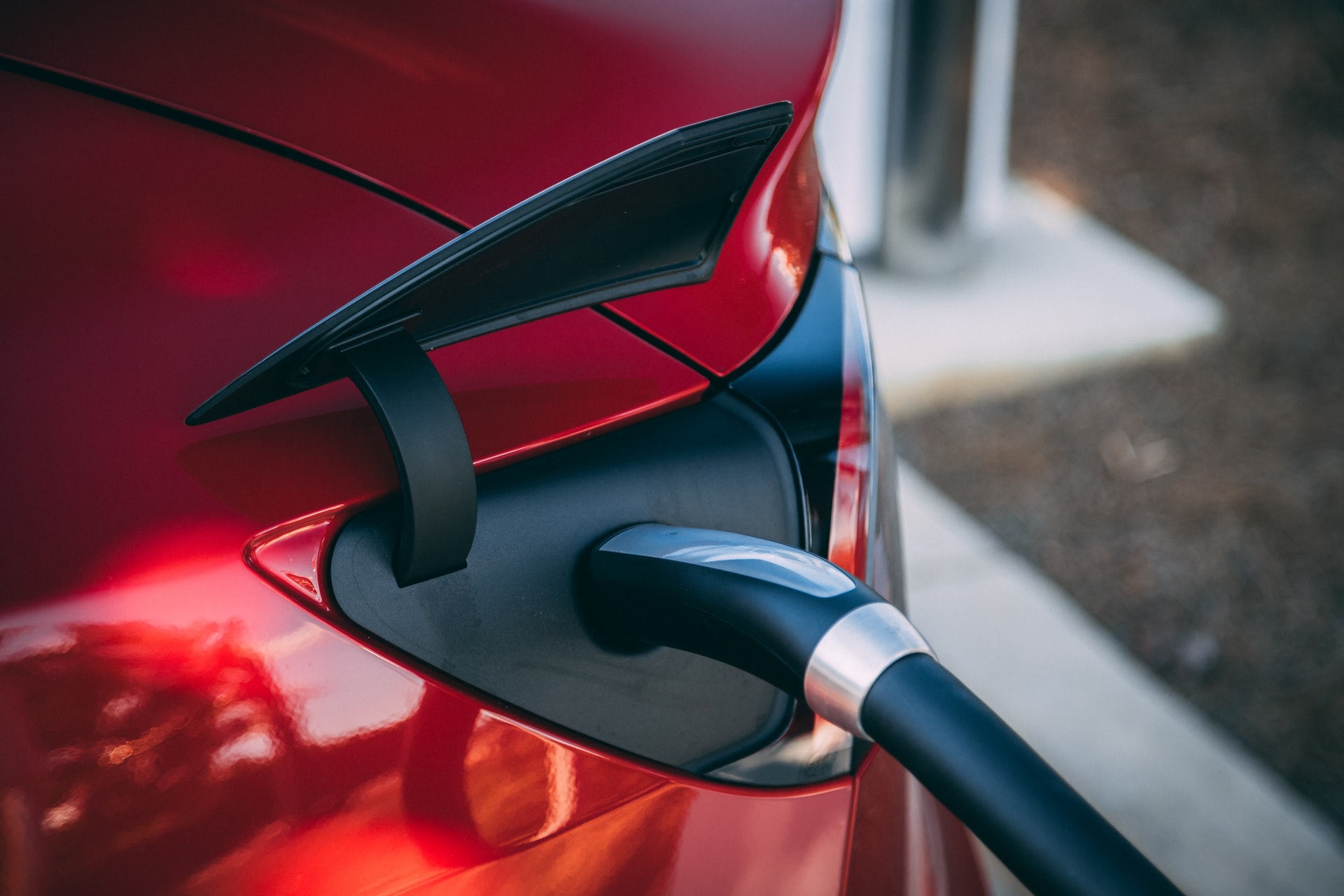
Roman Danaev
Are you interested in purchasing a used car? If this is the case, you may have come across the phrase "VAT or non-VAT Qualifying car" before. But what exactly does this mean, and how could it impact you?
A car that meets the requirements to be exempt from VAT is a vehicle that has been used exclusively for commercial purposes during its entire life or purchased brand new from a primary franchiser.
Check out the below VAT guide for more in-depth information.
What is VAT?
Value-added tax, or VAT, is a tax that is added to products and services and is collected by HM Revenue and Customs (HMRC). Currently, it is set at 20%; however, discounts are available for many different products.
Any individual or company that is VAT registered and bought a vehicle purely to use it in their business or to perform a personal export outside of the UK are eligible to reclaim the 20% VAT that was paid on its purchase price. Most cars used by dealers for test drives are vehicles that qualify for VAT exemption. When these cars are sold, the dealer will have to pay VAT on any profit they make.
What is a Non-VAT qualifying car?
Any car that has ever been privately owned at any stage in its lifetime becomes a non-VAT qualifying car. No matter who buys it, the VAT can no longer be reclaimed, and the VAT qualified status cannot be reinstated.
Who can reclaim VAT?
VAT-registered individuals and businesses that buy goods and services solely for business purposes are eligible for recovering VAT paid on their purchases. This is referred to as "input VAT" or "input tax."
The benefits for UK customers
A VAT-registered individual or corporation that purchases the car primarily for business purposes can claim a VAT reimbursement from the purchase price. Buying a VAT Qualifying car from a private seller is also acceptable; however, the VAT paid on the vehicle will not be reimbursed. The VAT can be reclaimed by companies like taxis, driving schools, and self-hire cars, to name just a few.
The benefits for Non-UK (export) customers
When purchasing a Brand New or Used VAT Qualifying car, international customers can save a significant amount of money. Cars exported out of the UK do not incur VAT (it is also reclaimable if the vehicle is sold to a VAT Registered business or individual overseas).
VAT implications when you are VAT registered
The following points highlight the tax implications when you are VAT registered.
When purchasing a new car:
- The customer purchases the car from the dealer for the final selling price, which includes VAT.
- The dealer will pay VAT to Customs & Excise.
- Customs & Excise may let the buyer claim the VAT back. Then, this would be a "VAT Qualifying Vehicle."
- VAT must be added to the estimated market price when the vehicle is resold and then paid to Customs & Excise.
When purchasing a used car:
- The car is a "non-VAT qualifying car" or a "Margin Vehicle" if VAT has already been paid to Customs & Excise for the vehicle and has not been recovered. There is no VAT due on the car.
- If it's a VAT qualifying car," the buyer may be entitled to claim the VAT element after the sale. The vehicle becomes a "non-VAT qualifying car" if the VAT is not collected.
VAT implications when you are not VAT registered
The following points outline the VAT implications when you are not registered.
When purchasing a new car:
- The customer purchases the car from the dealer at a selling price that includes VAT.
- The dealer will pay VAT to Customs & Excise.
- The vehicle is no longer subject to VAT; hence VAT shouldn't be applied if it is later sold. It is referred to as a "Non-VAT Qualifying Vehicle." This car will never be subject to VAT in the future.
When purchasing a used car:
- The buyer purchases a vehicle from a private seller or a dealer, with or without any VAT application.
- The customer cannot reclaim the VAT, just like a new car.
How to check if VAT has been paid on a vehicle
If a vehicle is advertised with the notation "+VAT," it indicates that it was formerly owned by a company or by a person who was registered for VAT and qualified to reclaim it. When they purchased it, they paid the VAT and obtained a return on their VAT, but now they must charge you VAT when they resell it. You will then be responsible for paying the VAT.
When a VAT-registered individual or company sells you products and charges VAT, they must give you a tax invoice detailing the VAT you have been charged.
VAT for different types of vehicles
The following section explains VAT for different kinds of vehicles:
VAT and commercial vehicles
Commercial vehicles, including vans, lorries, and pick-up trucks, are subject to the same rules for the collection of VAT. This means that a person or firm that is registered for VAT and purchases one of these vehicles brand-new for non-personal use can claim the VAT back. This can include RVs, combi vans, and vans derived from cars as long as they are only utilised for business mileage purposes.
A commercial vehicle only stops being VAT Qualifying if and when transferred to a person or company that is not registered for VAT.
Taxis, driving instruction, and self-hire cars
The VAT can be reclaimed if a vehicle is purchased outright to be used primarily as a taxi, a vehicle for a driving instructor to teach students how to drive, or a car for self-drive hire (rental). The primary purpose in this context is defined as constituting at least 50% of the car's usage.
You are entitled to a refund of 50% of the VAT paid on the hiring if you hire a vehicle to replace a company vehicle that is not operational for whatever reason.
VAT and leased cars
Businesses that are registered for VAT and lease vehicles are eligible to reclaim 50% of the VAT if the car is used for both business and personal reasons and 100% of the VAT if it is only used for a business reason.
VAT relief for adapted cars
You are entitled to VAT relief on items created or modified for your use if you suffer from along-term illness or disability. This description applies to cars.
The following four requirements must be satisfied for VAT relief to be applied:
- The buyer must typically be a wheelchair user or the parent of a wheelchair user;
- The vehicle must be purchased for the buyer's personal and domestic use
- The vehicle must have been permanently and significantly modified to fit the buyer's needs
- The buyer must not have recently purchased a VAT-free car under the same scheme.
If the user satisfies the aforementioned requirements, the customer declaration form for adapted cars must be filled out.
How do I reclaim the VAT when I export a car from the UK?
Before you acquire a VAT-qualifying car, you must know how to reclaim your VAT.
Some businesses will ask for the VAT upfront but will refund it if the claim is successful. Be cautious of this. This is both dangerous and unnecessary. If you want to save money and avoid any risks, make sure the final payment includes the net VAT price.
Summary
Reclaiming VAT on cars is a challenging task, as are all tax recovery-related issues. Before moving further, getting guidance is crucial if you have doubts about claiming back VAT for business purposes. Before making a choice, check for output tax and do extensive research.
Contents
- What is VAT?
- What is a Non-VAT qualifying car?
- Who can reclaim VAT?
- The benefits for UK customers
- The benefits for Non-UK (export) customers
- VAT implications when you are VAT registered
- VAT implications when you are not VAT registered
- How to check if VAT has been paid on a vehicle
- VAT for different types of vehicles
- How do I reclaim the VAT when I export a car from the UK?
- Summary
Latest News
| Loan amount: | £16,000 |
|---|---|
| Length of loan: | 60 months |
| Interest rate: | 12,9% |
| Amount of interest | £5,793.84 |
| Total payment: | £21,793.84 |





